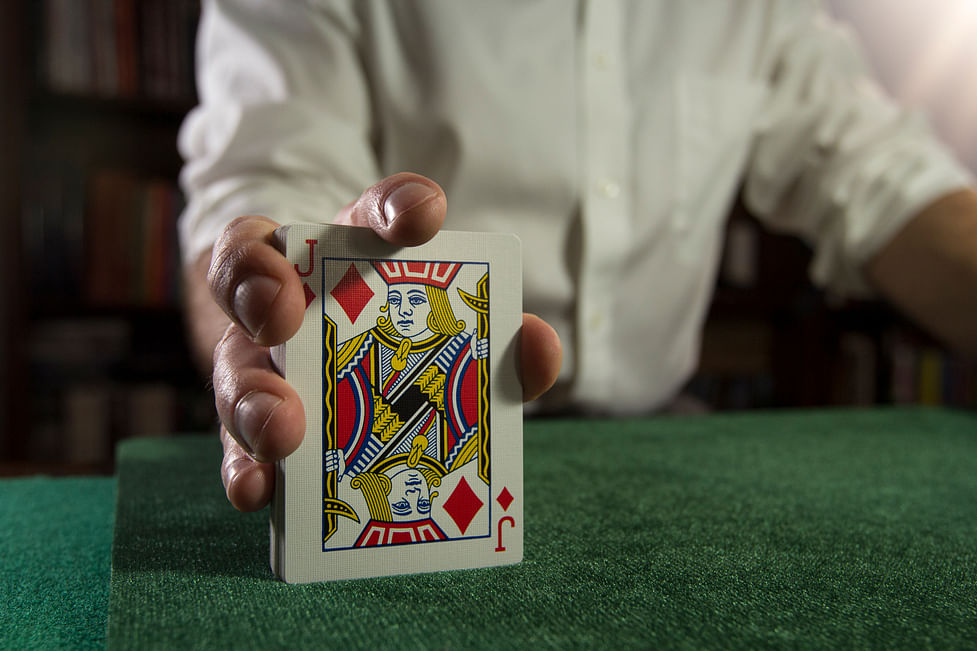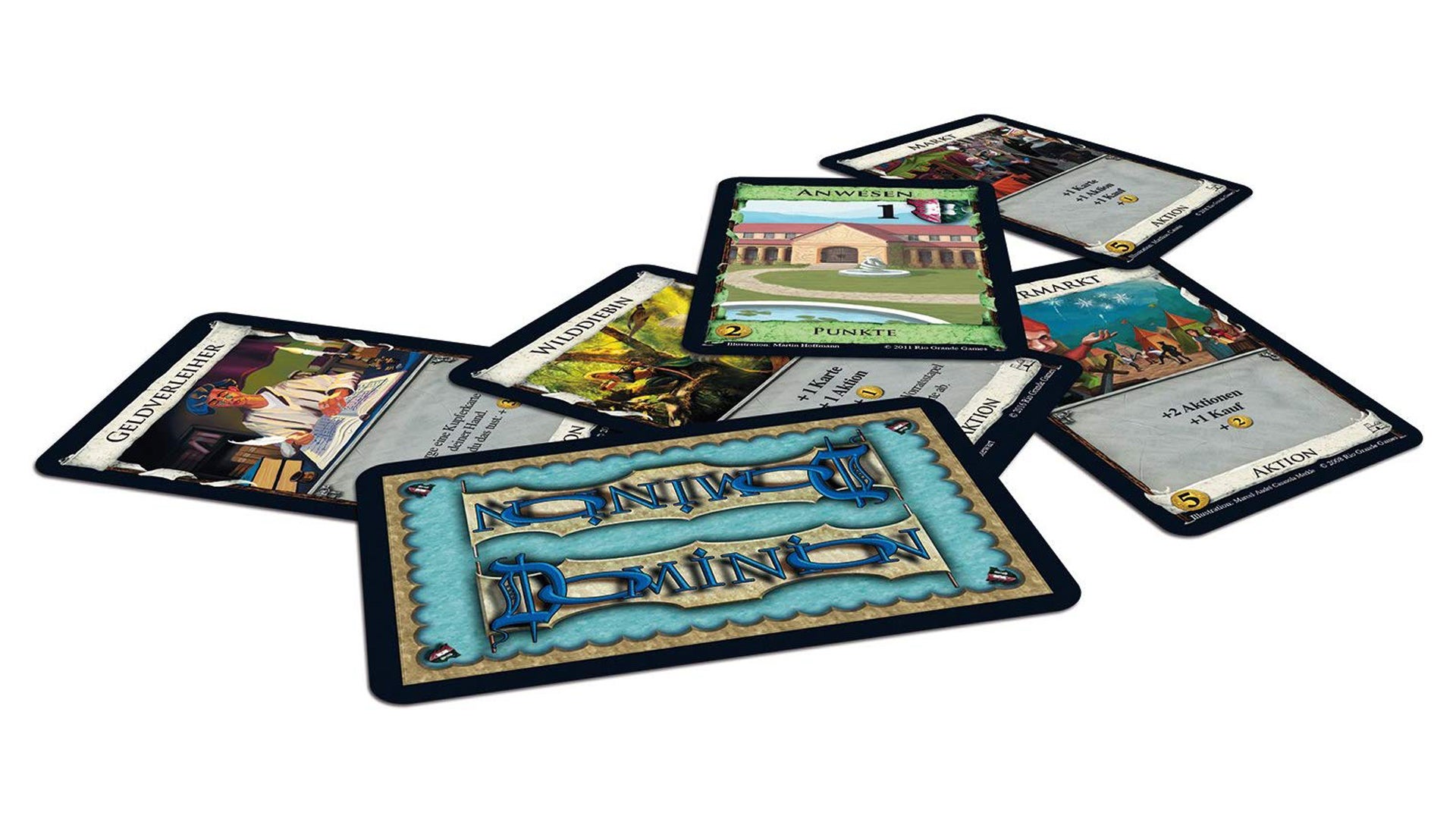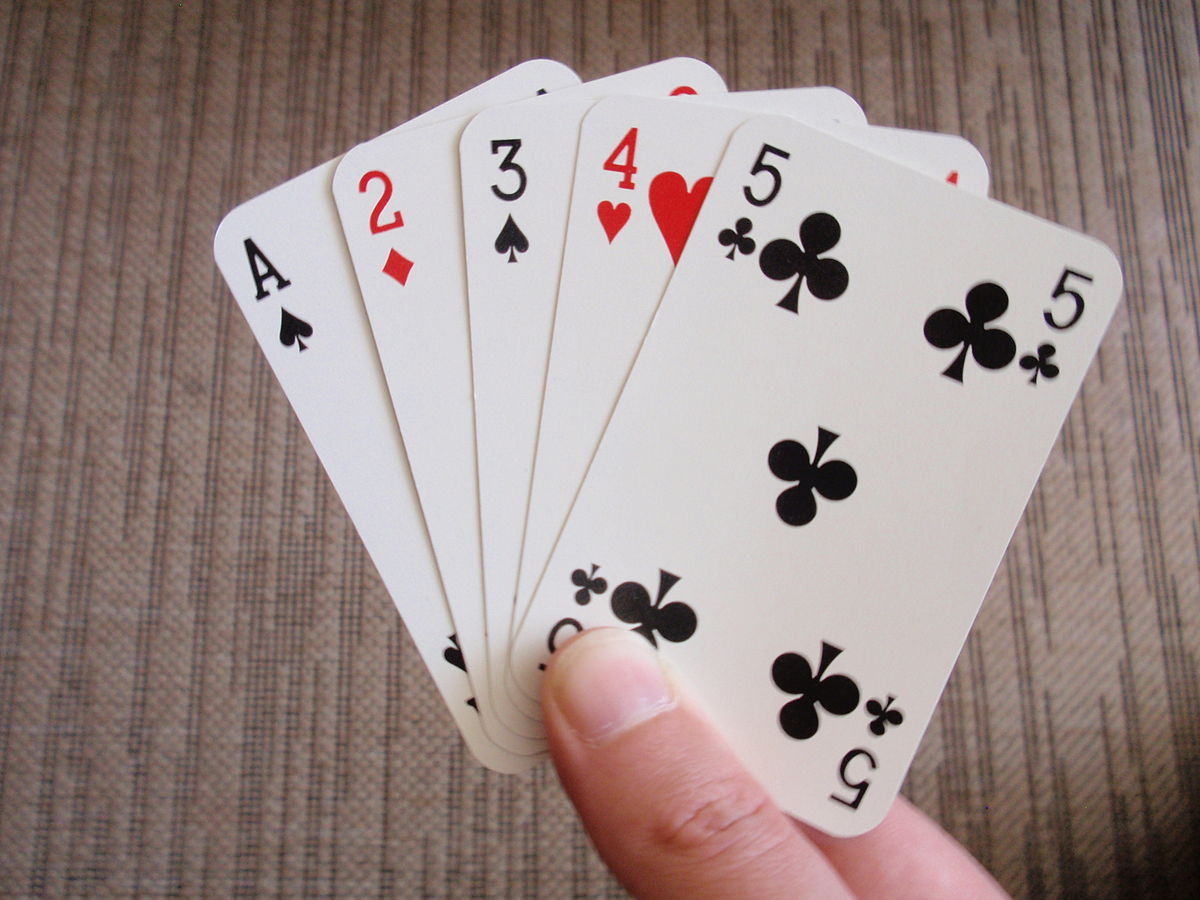Manipulation is played with two decks of standard playing cards with the jokers removed. Team fortress 2 download full game free non steam. The object is to rid oneself of the cards in one's hand by melding and by rearranging existing melds to accommodate one's cards. Set up: Deal seven cards to each player. Place the remaining cards face-down on the table as a draw pile. When playing Rummy with two, three, or four players, each player gets ten cards; when playing with five players, each player gets six cards. With more than five players, you must use two decks of cards and a hand of seven cards. The two-player game can also be played with seven cards each. Designate a scorer and a dealer at the start of the game.
Introduction
Rummy refers to a large family of card games with a very interestinghistory and evolution. Rummy games are played all overthe world, mostly in social or family groups, but also in competitive andgambling environments. Not only are there the more or less well knownRummy-like games listed here (and many that are not,) but most will have commonlyused alternate rules or game variations that some groups use when playing. Rummyis one of those things where just about anybody will find some game or variationthat appeals to them.
If you are not yet familiar with any Rummy or Rummy-like games, be sure to readthe Rummy Basics page first, where you can learn more about the thingsthat are common across most Rummy games, and also learn some of the terminologyused in most of the games.
Basic Rummy Games
This group of games have similar concepts and rules, and one of these is oftenwhat one thinks of when somebody says the name 'Rummy.' The aim is simply toform your whole hand into Sets or Runs, as soon as possible. When someonesucceeds in this and goes out, the other players may lose a fixed amount, or maybe penalized according to the number of unmelded cards they have left.
- Kalooki (North American, European)
- Three Thirteen (North America)
- Scala Quaranta / Scala 40 (Italy)
- Vazhushal / Vazhishal / Wipe (Southern India)
- Seven Bridge (Japan)
- Tres y Dos (Dominican Republic)
- Loba de Menos (Argentina)
- Marriage (Nepal)
Conquian Games
Conquian is generally regarded as the earliest form of Rummy. The objective, asin other Rummy games, is to complete a hand consisting entirely of validcombinations. Quickbooks pos v9 crack. However, the draw and discard mechanism is somewhat different.Cards drawn from the stock or taken from the discard pile are never added to aplayer's hand, they must be melded or discarded.
Contract Rummy Games
The object is the same as in Standard Rummy, but in each round, eachplayer's first meld has to conform to a predetermined contract. Generally, thecontract becomes more difficult through a series of rounds.
- Contract Rummy
- Other Contract-like Games
- Caribbean Kalooki
- South African Kalookie
- Telefunken
Manipulation Rummy Games
Again the aim is to get rid of all your cards by melding them. The distinctivefeature of these games is that when melding, you are also allowed to rearrangethe existing melds on the table to form new melds incorporating cards you addfrom your hand.
- Carousel
- Machiavelli

Knock Rummy Games
In these games, you do not necessarily have to form all your cards into sets togo out. You go out when you think that the value of your unmatched cards (thedeadwood) is less than that of the other players. If you are correct you win,but if another player can do better you are penalized.
- Gin Rummy
- Cutthroat Gin (3 players)
- Chouette Gin (3+ players)
- Battle Royal Gin (3 players)
- Partnership Gin (4+ players)
- Other Knock Style Games
- Rumino
Meld Scoring Games
In this type of game positive points are scored for melds. There is still anadvantage in going out, but it is also necessary to consider gaining points bymaking valuable melds.
- Indonesian Remi
- Banakil (Jordan, Palestine, Syria and Lebanon)
- Mille
- Arlington
Canasta Games
This is a particular type of Meld Scoring Rummy with special bonuses for meldsof seven cards, known as Canastas.
- Classic Canasta and Modern American Canasta
- Canasta for Two
- Canasta for Three
- Canasta for Five
- Canasta for Six
Games for kids
Many Rummy games are suitable for kids to master and enjoy. I remember playingStandard Rummy with my Grandma when I was quite young, (around 7 or 8)and it was a great experience. A few games here at the Rummy Rulebook are simpleenough that they can be learned by even younger children, and they have beencollected in this group for easy access. For example, my 4 year oldgranddaughter won the first game of Tres y Dos that we played, with onlya little help.
Cabo is a 2010 card game by Melissa Limes that involves memory and manipulation.[1] The game uses a dedicated deck of cards with each suit numbered from 1 to 13, and certain numbers being marked as 'Peek', 'Spy' or 'Swap'. The objective of the game is for each player to minimize the sum of his or her cards, four of which are played face-down to the table at the start of a round. Face-down cards may be revealed and swapped by card effects.
Cabo combines elements from shedding and matching type card games. It is similar to the traditional card game Golf and the 1995 Mensa Select award-winner Rat-a-Tat Cat.
Cabo can also be played with a standard playing card deck,[2] and goes under names including Cambio, Pablo and Cactus.[3]
Gameplay[edit]
Each player is dealt 4 cards, face down. After each deal, players may peek at any 2 of their own cards.

In clockwise order, players do either of three things:[4]
- pick a card from the draw pile, and either keep the card (placing one of their own cards on the discard pile) or discard it (if the card drawn and discarded is a choice card, the choice card can be used if so desired).
- pick a card from the discard pile and place one of their own cards on the discard pile
- call 'Cabo'
Whenever a player discards cards from their hand, they may discard any number of cards of the same rank. Z transform table. If a player discards all of their cards they are considered safe and their value can not move from 0.[1] If a player draws then discards a 'choice' card, they may choose to use its ability, as follows:[4]
- 7 or 8: the player may 'peek' at one of their own cards[5]
- 9 or 10: 'spy' on one of another player's cards
- 11 or 12: swap any two cards on the table, of any player


When a player calls cabo, the other players each get one more turn and then everyone has to turn their hidden cards face-up, and lay down the cards from their hand. The player with the lowest score wins.[6]
Editions and variants[edit]
The second edition of Cabo, published by Bezier Games, was published in April 2019. It includes changes such as new artwork, modified rules, a scorepad, and four player reference cards. Rules modifications include:
- Plays 2–4 players (instead of 2–5)
- Cards taken from the discard pile remain face up for the rest of the game (instead of always keeping cards face down)
- Penalty for non-matching cards: Keep all cards including the one drawn — one more per additional cards that do not match (instead of no penalty)
- 10 point penalty for missing a cabo call (instead of 5)
- All players score the sum of their points; if the caller has (or is tied for) the lowest sum, they get 0 points (instead of the lowest player always receiving 0 points)
- The round ends after a call or when the deck runs out (instead of just when Cabo is called)
- Limit of one reset to 50 when your score = 100 exactly (instead of unlimited resets) [7]
Silver[edit]
In August 2019, Bezier Games released Silver, a variant with additional rules modifications and a werewolf theme. Changes include:
Rules For Card Game Manipulation
- New artwork to reflect the theme
- Every card value features a different ability (instead of only Peek, Swap, and Spy on some cards)
- Plays 2–4 players
- Five cards in front of each player (instead of four)
- A penalty for failing to match cards in an exchange
- Four rounds of play in a game (instead of playing to 100 points)
- The lowest sum of points does not automatically score zero
- Removal of the kamikaze rule
- Removal of the 100-point rule[8]
Hulimavu Kobo[edit]
This variant played with standard playing cards has the following card effects:
- 7 or 8: blind swap, replace any of your cards with another player without looking
- 9 or 10: you can see one of your cards
- 11 or 12/ J or Q: see and swap, you can see another players card and swap with your card
Alvaro JuanJon Edition[edit]
A version called Cobo has the following rules:
- Red kings (13) are worth 0 points
- 8 or 9 - 'spy' (peek) at someone else's card.
- 10 - peek at one of your own cards.
- Jacks (12) - swap cards with any other player (but neither player can look at the card they exchange)
- 25 point penalty for calling 'cobo' and not actually having the lowest score in that round.
- -10 points if you call cobo and are left with zero points.
- If a player tries to 'match a card' incorrectly, the player has to pick up another card from the deck as well as the card they incorrectly discarded.
References[edit]
- ^ abJedidiah @ New Raleigh. 'Introducing: Cabo A Local Card Game Illustrated by Adam Peele (Game Night Wednesday)'. New Raleigh.
- ^'The Cabo Card Game'. treyhunner.com.
- ^'Rules of Card Games: Golf'. www.pagat.com. Retrieved 3 January 2020.CS1 maint: discouraged parameter (link)
- ^ ab'CABO RULES'. playcabo.com.
- ^Brian. 'Cabo Game Review'. Father Geek.
- ^'Pass the Time with Cabo, Where Strategy Meets Quirky Fun'. GeekDad.
- ^'BoardGameGeek Cabo 2nd Edition game description'. boardgamegeek.com.
- ^'Silver Designer's Diary'. boardgamegeek.com.